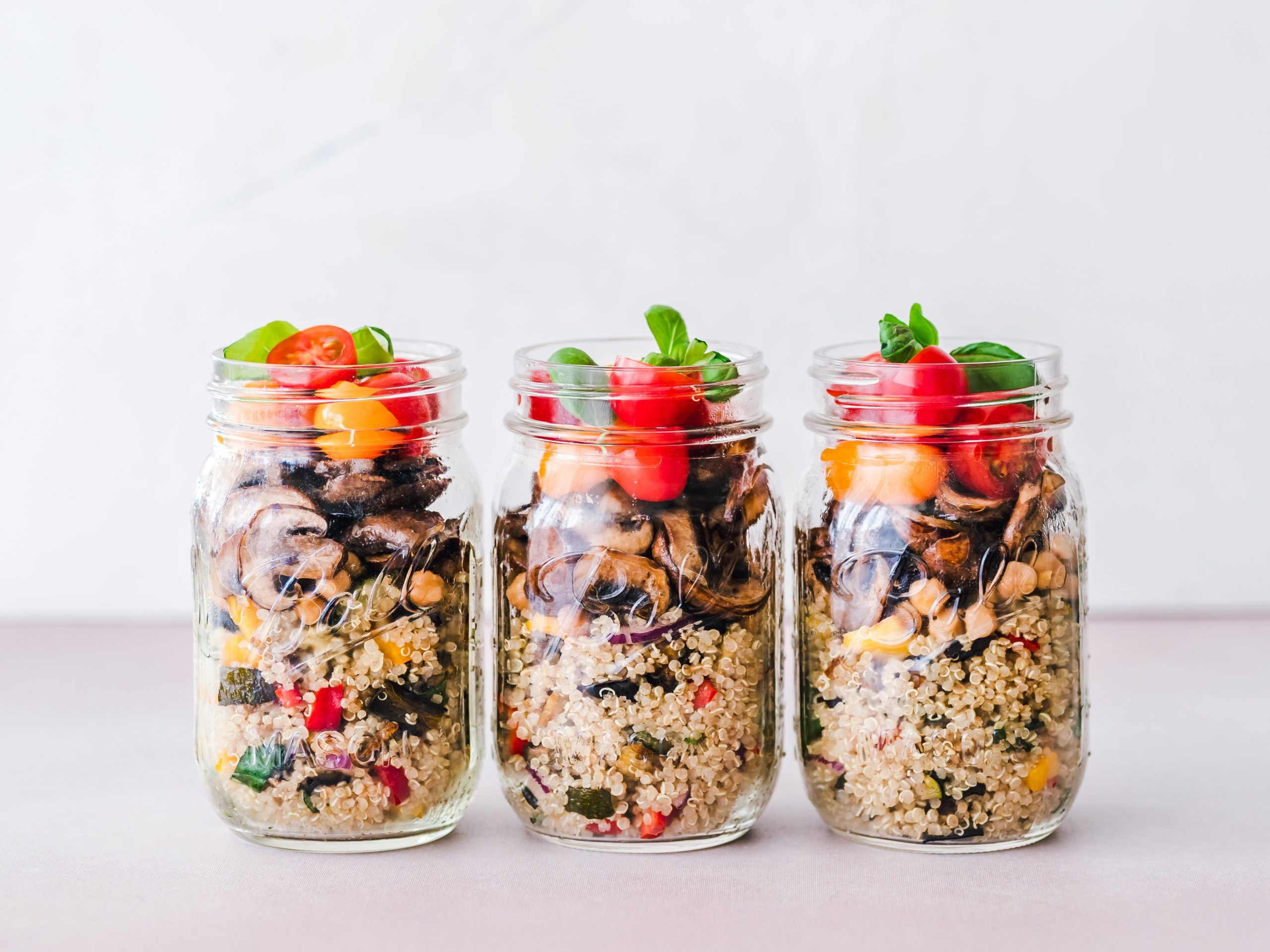
If you are going to start treatment soon, you may have questions about nutrition and eating well during treatment. You may be wondering what you can do to prepare. Here are 5 strategies to help you prepare to stay well-nourished during treatment:
- Get nutrition guidelines in writing. Ask your treatment team if there are any dietary restrictions or guidelines you need to follow related to your treatment plan. Ask for these in writing and keep a copy handy. You can also share a copy with your caregiver. Some of examples of dietary restrictions or guidelines you may receive include things like:
- Do not take vitamins or dietary supplements without asking your treatment team first.
- Avoid foods associated with foodborne illness such as raw fish, undercooked meat or unpasteurized milk, cheese and juices.
- Avoid or limit alcohol.
- Avoid some specific foods that may interfere with treatment such as green tea, foods rich in folate, or grapefruit. (This depends on the specific treatment you receive.)
Your specific recommendations will depend on your needs and treatment plan.
- Go with your usual meals and snacks. Especially in the beginning of treatment, avoid the temptation to switch to a popular or fad diet you may have heard about online or from friends. Why? It can be stressful to radically change your eating habits, and cancer treatment can already be a stressful time. Some popular meal plans and fad diets do not provide enough energy and nutrients for a person receiving cancer treatment. Stay the course with your current eating style and choose a variety of foods that nourish your body and support your immune system.
- Fill your kitchen and pantry with foods and beverages before you start treatment. Ask friends and family to help you shop or donate supplies from a list you provide. Use our Must Have Pantry List and Grocery Worksheet for ideas and to stay organized.
- Eat on a schedule. Nourishing your body is very important during treatment. Start by eating every 3 to 4 hours to keep up your energy levels. Set reminders if you forget to eat. Add smoothies and hearty protein dishes to your menus. Ask if your treatment center provides snacks, or if you need to bring them with you. See our Treatment Day Snacks list for ideas.
- Be in the know. Discuss with your treatment team and primary care provider how to manage any other health conditions you may have. For example, you may need extra medication to manage your diabetes, high blood pressure, or digestive issues. Make sure your treatment team knows all the medications, including vitamins and supplements, you take. Do not take any new medications, vitamins, or supplements or stop any previously prescribed medications without talking to your treatment team first. Be informed on how to manage other health issues during treatment. Don’t make assumptions or ignore other issues.
For more ideas, schedule a free one-on-one consultation with our registered dietitian. Or, use the Academy of Nutrition and Dietetics Find an Expert locator to find registered dietitian nutritionists based on your zip code or by expertise. You can also ask your healthcare team or call your insurance provider for a referral.
Resources
Nutrition Information By Diagnosis
